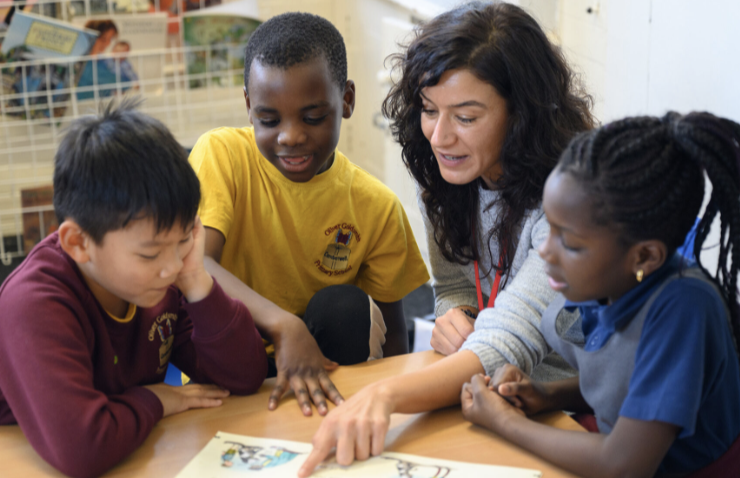
Introduction
Inclusion is a term that has been applied to international educational contexts for many decades but left open to interpretation by policymakers, practitioners and academics depending on the context or time.
This is the first of a series of three articles that consider how children and young people are included in education regardless of their background, challenge or need. Written from a United Kingdom (UK) perspective, informed by international practice, we consider how inclusion – both policy and practice – might be defined.
The second article, 'Are We Included?', summarises the work of Sharma and his colleagues (2012[1], 2016[2], 2018[3], 2021[4], 2022[5]) across several international contexts primarily aimed at examining students’, teachers’, and parents’ views on being included and how this could be further developed in the UK. The final article, 'Mutuality', introduces a relatively new interpretation of inclusive policy and practice developed in England from 2018.[6]
To be included
As a starting point, inclusion is a term that infers that we all must have equal access to opportunities or resources. Inclusion is much more than just the placement of a student in a class. When a student is ‘included’, the student attends regular classroom; participates in all activities offered to other students; is accepted by the rest of the school community; achieves in all learning domains; has a strong sense of belongingness and feels happy to be part of the school community.
In inclusive schools, educators invest heavily in systematically identifying barriers that a student may face to fully participate in schooling activities and work collectively to address the barriers. Put simply, we are 'included' – whether that be through participation or observation – when we have the chance or choice[7] to be equal to others.